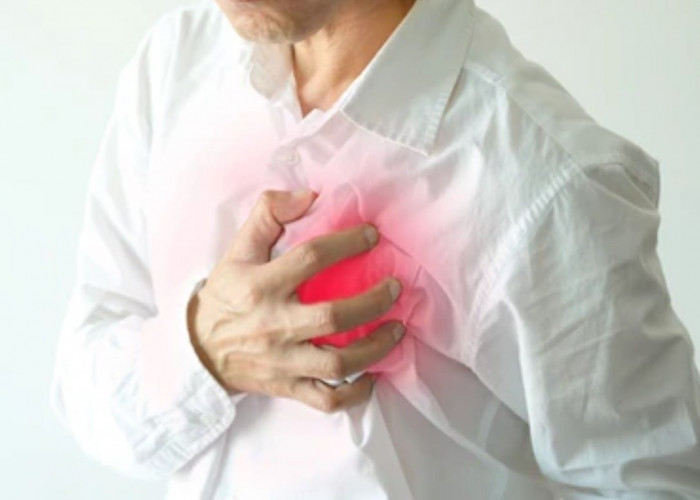 Welcome
Welcome
“May all be happy, may all be healed, may all be at peace and may no one ever suffer."
Congenital heart disease in adults
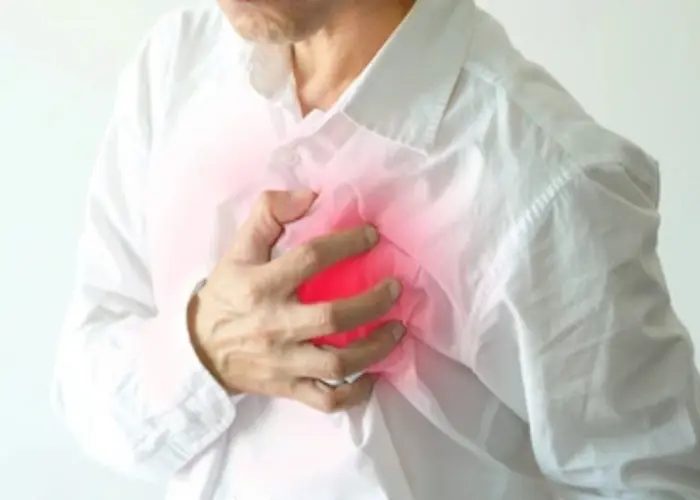
Congenital heart disease (CHD) is a term used to describe a range of structural heart defects that are present at birth. While many CHD cases are diagnosed and treated during childhood, some people may not realize they have CHD until later in life. In fact, the number of adults living with CHD is growing, thanks to advances in medical treatments that allow people with CHD to live longer.
Some of the most common types of CHD in adults include:
- Atrial Septal Defect (ASD): A hole in the wall that separates the two upper chambers of the heart.
- Ventricular Septal Defect (VSD): A hole in the wall that separates the two lower chambers of the heart.
- Tetralogy of Fallot: A combination of four heart defects that can cause low oxygen levels in the blood.
- Transposition of the Great Arteries: A condition where the two main blood vessels leaving the heart are switched.
- Coarctation of the Aorta: A narrowing of the aorta, the main blood vessel that carries blood from the heart to the rest of the body.
- Bicuspid Aortic Valve: A condition where the aortic valve has only two leaflets instead of the usual three.
Symptoms of CHD in adults can vary widely depending on the type and severity of the defect. Some people with CHD may have no symptoms at all, while others may experience shortness of breath, fatigue, chest pain, or fainting. Treatment for CHD in adults may include medication, lifestyle changes, and surgery or other procedures to repair or replace damaged heart tissue.
It is important for adults with CHD to work closely with their healthcare providers to manage their condition and prevent complications. This may involve regular monitoring of heart function, ongoing medical care, and lifestyle modifications such as healthy eating and regular exercise.
Research Papers
Disease Signs and Symptoms
- Chest pain
- Shortness of breath (dyspnea)
- Irregular heartbeats (arrhythmia)
Disease Causes
Congenital heart disease in adults
Researchers aren't sure what causes most types of congenital heart disease. Some congenital heart diseases are passed down through families (inherited).
To understand congenital heart disease, it helps to know how the heart works.
- The heart is divided into chambers — two upper chambers (atria) and two lower chambers (ventricles).
- The right side of the heart moves blood to the lungs through blood vessels (pulmonary arteries).
- In the lungs, blood picks up oxygen and then returns to the left side of your heart through the pulmonary veins.
- The left side of the heart then pumps the blood through the aorta and out to the rest of the body.
Congenital heart disease can affect any of these heart structures, including the arteries, valves, chambers and the wall of tissue that separates the chambers (septum).
Disease Prevents
Congenital heart disease in adults
Both men and women with congenital heart disease are at increased risk of passing some form of congenital heart disease to their children. Your doctor might suggest genetic counseling or screening if you plan to have children.
Disease Treatments
Congenital heart disease can often be treated successfully in childhood. However, some heart defects may not be serious enough to repair during childhood, but they can cause problems as you grow older.
Treatment of congenital heart disease in adults depends on how severe your heart problem is. You may simply be monitored, or you may need medications or surgery.
Watchful waiting
Relatively minor heart defects might require only occasional checkups with your doctor to make sure your condition doesn't worsen. Ask your doctor how often you need to be seen.
Medications
Some mild congenital heart defects can be treated with medications that help the heart work more efficiently. You might also need medications to prevent blood clots or to control an irregular heartbeat.
Surgeries and other procedures
Several surgeries and procedures are available to treat adults with congenital heart disease.
- Implantable heart devices. A device that helps control your heart rate (pacemaker) or that corrects life-threatening irregular heartbeats (implantable cardioverter-defibrillator or ICD) may help improve some of the complications associated with congenital heart defects.
- Catheter-based treatments. Some congenital heart defects can be repaired using catheterization techniques. These treatments allow a repair to be done without open-heart surgery. Instead, the doctor inserts a thin tube (catheter) into a leg vein or artery and guides it to the heart with the help of X-ray images. Once the catheter is positioned, the doctor threads tiny tools through the catheter to repair the defect.
- Open-heart surgery. If catheter procedures can't fix your heart defect, your doctor might recommend open-heart surgery.
- Heart transplant. If a serious heart defect can't be repaired, a heart transplant might be an option.
Disease Diagnoses
Disease Allopathic Generics
Disease Ayurvedic Generics
Disease Homeopathic Generics
Disease yoga
Congenital heart disease in adults and Learn More about Diseases
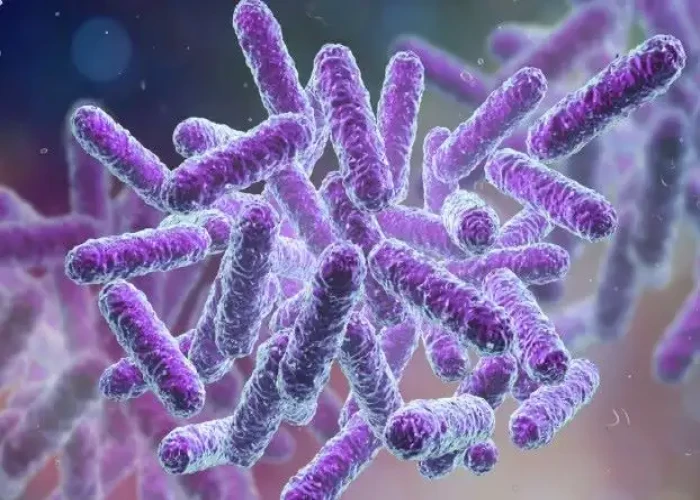
Salmonella infection

Nickel allergy
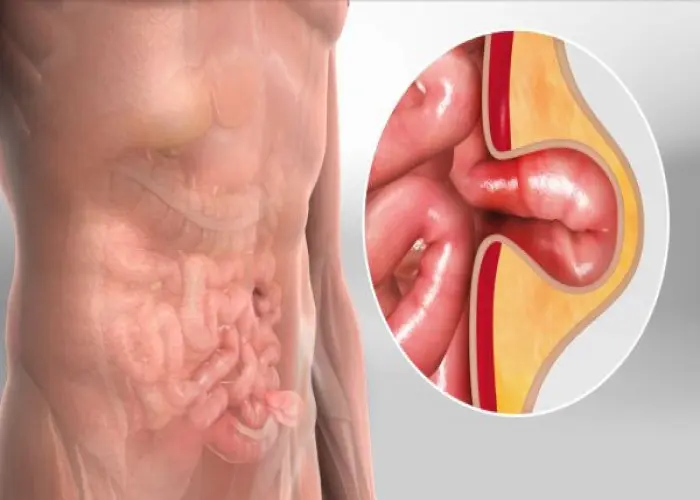
Hernia
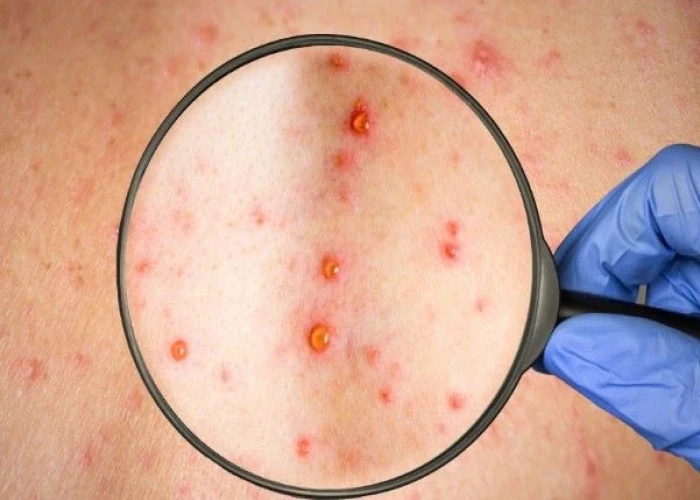
Rubella

Whooping cough
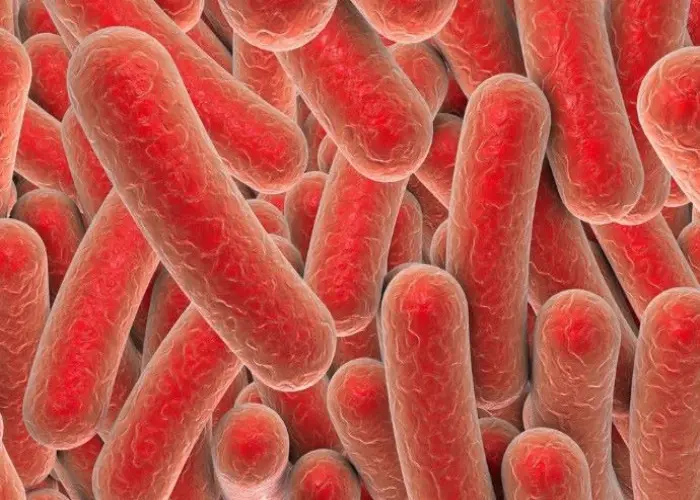
C. difficile infection
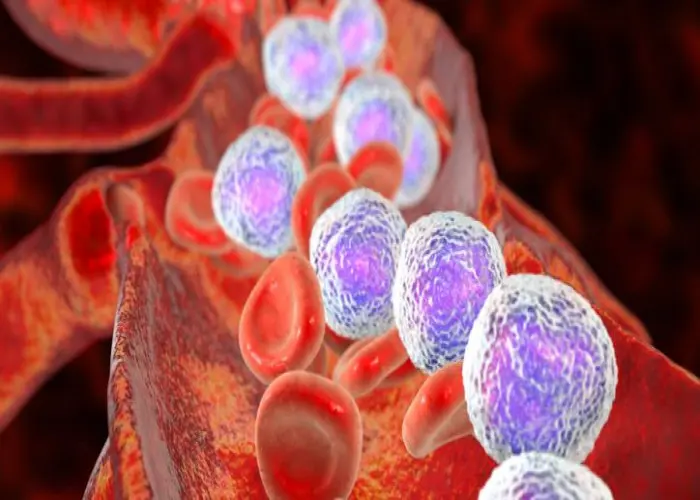
Acute lymphocytic leukemia
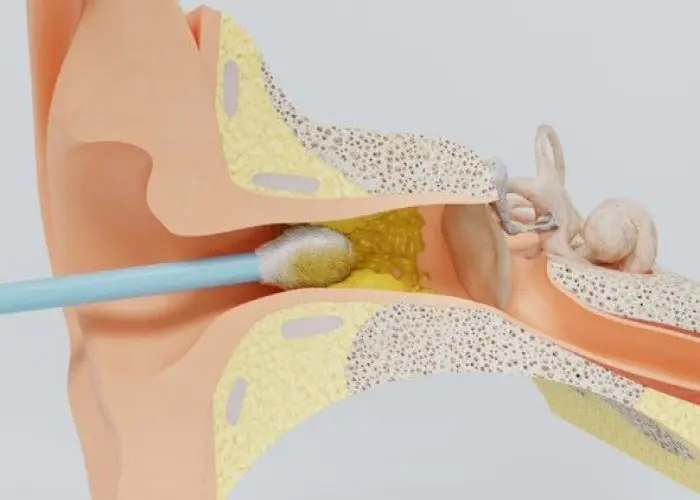
Earwax blockage
Congenital heart disease in adults, Tetralogy of fallot, Ductus arteriosus, Pulmonary stenosis, প্রাপ্তবয়স্কদের মধ্যে জন্মগত হৃদরোগ
To be happy, beautiful, healthy, wealthy, hale and long-lived stay with DM3S.
